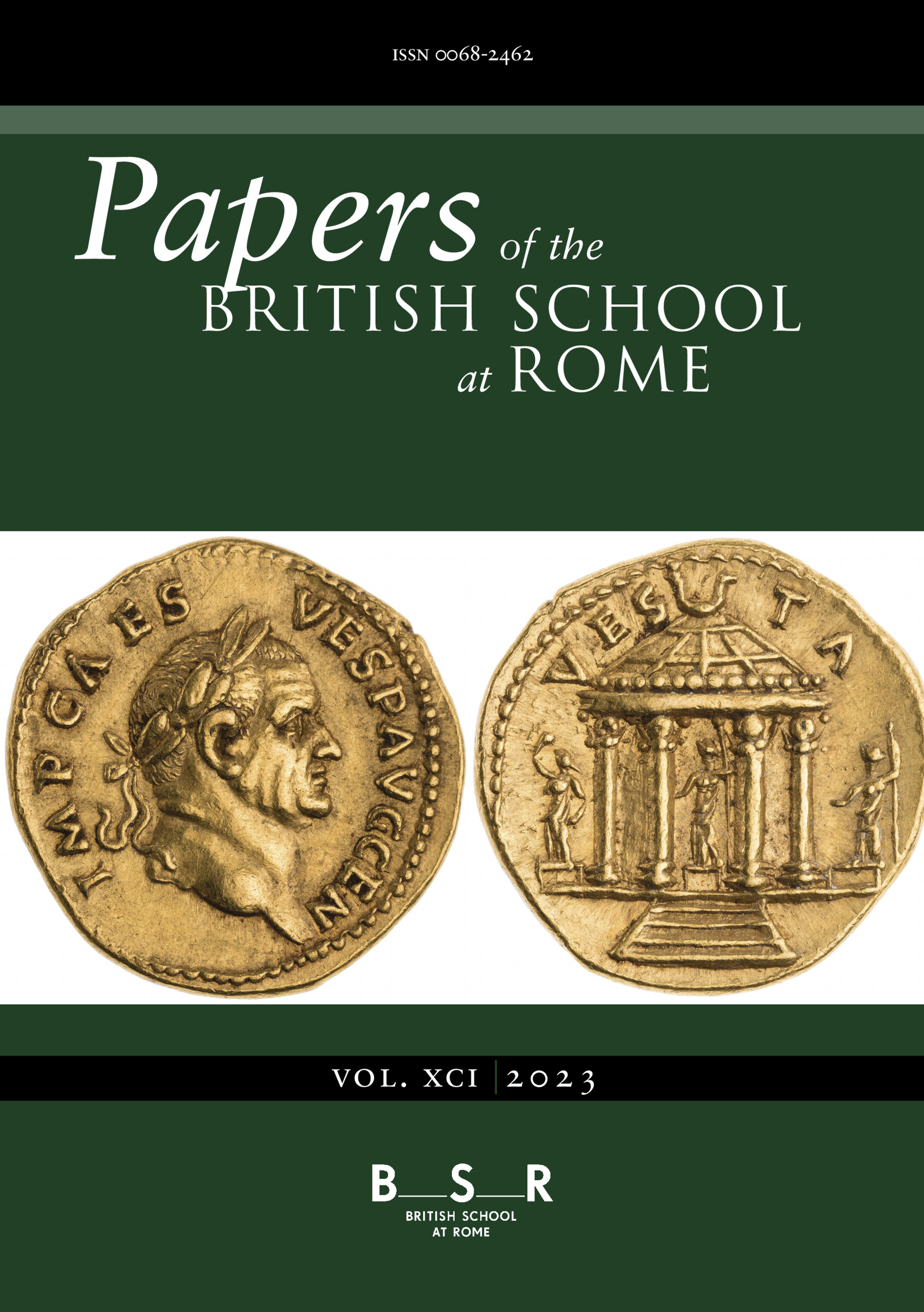My PhD thesis investigates practices and modalities of Egyptian–Genoese diplomatic and commercial relationships in the port city of Alexandria during the Qalāwūnid Sultanate (1279–1382). To fully grasp the complexity of these relationships, it is essential to address diplomacy and commerce within the context of Egyptian and Genoese administrative practices in Alexandria and in light of the mediating role played by diplomatic and commercial agents in the city's distinct social and political environment.
During my three-month fellowship at the British School at Rome (BSR) as a Ralegh Radford Rome Award-holder, my research evolved into a micro-history of the geographies of Egyptian–Genoese relationships in Alexandria and the people and institutions involved. The study examined the activities of ambassadors, merchants, interpreters and clerks, and the functions of the Genoese fondaco (a system established to accommodate foreign merchants and store their merchandise) and consulate, along with the dīwān (customs office) of Alexandria and the chancery of the Sultanate.
My research at the BSR library centred on editions of Genoese chartularies, which provided significant insights into the Genoese network of people moving across the eastern Mediterranean. Different contracts recorded Genoese merchants active in Egypt, shedding light on the Genoese trading community of Alexandria.
At the library of the École Française de Rome, I examined publications from the Centre d’Études Alexandrines. The results of archaeological excavations and extensive historical research on Islamicate Alexandria provided valuable insights into the city's geographies and the institutions affiliated with the Genoese and Egyptian administrations.
Traditionally, the history of diplomacy and commerce in the medieval Mediterranean has been influenced by nationalist views, producing a dichotomy between a ‘Christian West’ and an ‘Islamic East’. Consequently, Egyptian and Italian communities in Alexandria have often been depicted as competing and opposing groups. This perspective originated from a ‘top-down’ approach, focusing on state narratives and neglecting the multi-layered structure of diplomacy and commerce.
More recently, scholars have challenged these conservative views, but Genoa has been largely excluded from these new inquiries. My project addresses this gap and reverses the old rhetoric of divisions and antagonisms between Egyptians and Genoese, highlighting cross-cultural and trans-Mediterranean interconnections. It presents a more nuanced and comprehensive view of this shared, composite whole.


